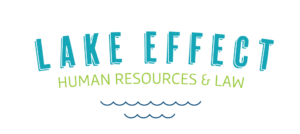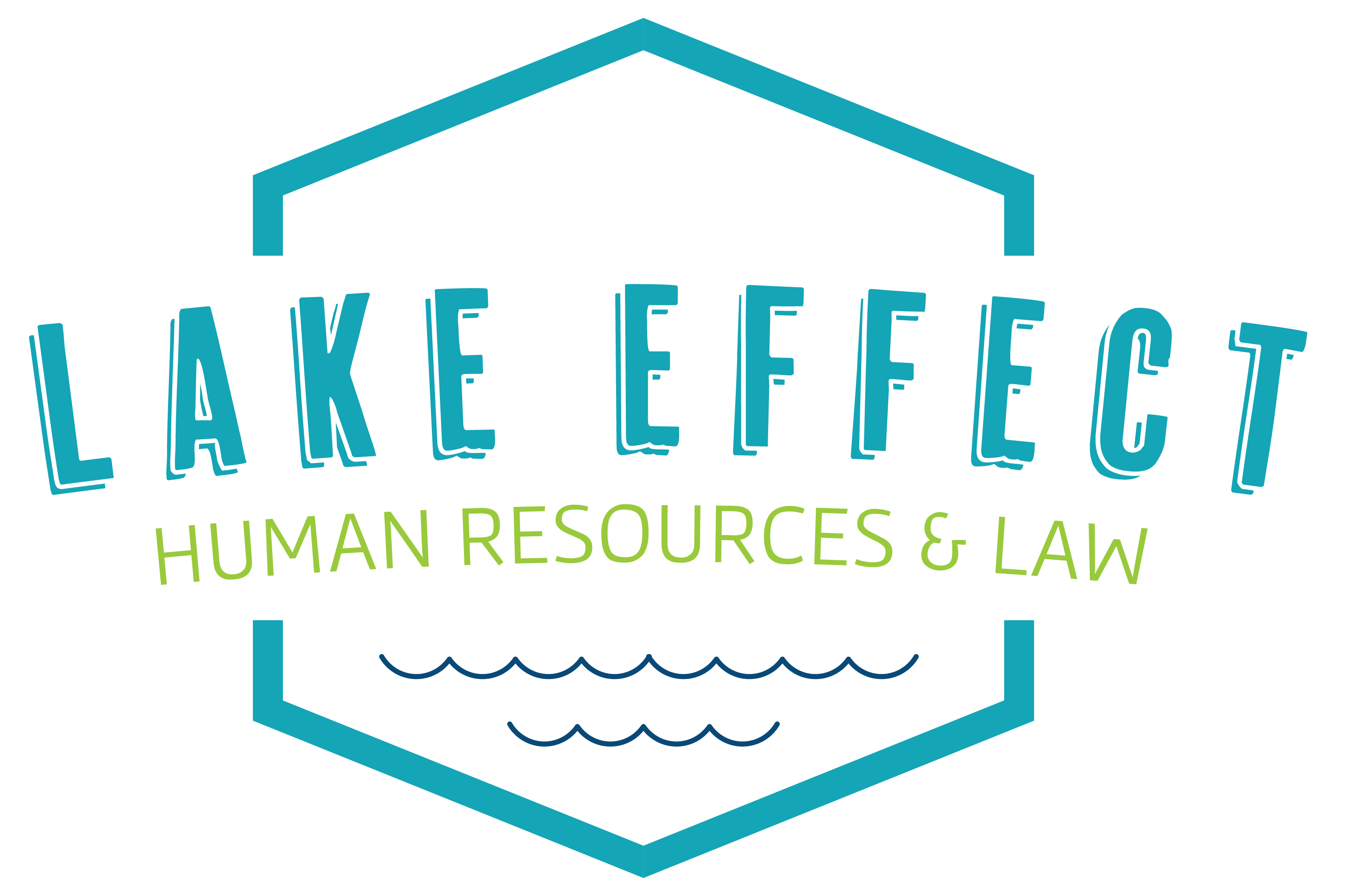The EEOC recently revised its What You Should Know About COVID-19 and the ADA, the Rehabilitation Act, and Other EEO Laws guidance document to address two issues: the treatment of pandemic-related caregivers (Section I), and religious objections to the COVID-19 vaccine (Section L).
With respect to pandemic-related caregivers, referring to employees who are caring for their family members and loved ones, the new EEOC guidance confirms:
- Employees do not have a right to any accommodations to handle caregiving duties under federal EEO laws. However, they may have rights under the FMLA or analogous state leave laws.
- Employers need not excuse poor performance that results from caregiving duties. However, performance standards must be applied consistently to all employees.
- Employers may not treat female employees better or worse because of gender-based assumptions about pandemic-related caregiving responsibilities. For example, an employer may not:
- pass women over for promotions or high-profile projects requiring overtime or travel out of fear they will need more time off;
- require pregnant workers to telework or limit contact with colleagues or customers;
- grant male employees less flexibility than females to care for family members infected by COVID-19.
- Employers must require the same process for employees of any race, gender, national origin, etc. who request COVID-19 related schedule changes or leaves.
- Employers may not discriminate against caregivers based upon their association with an individual with a disability. For example, an employer may not:
- refuse to hire an applicant out of fear that their caregiving responsibilities for a person at high risk of COVID-19 complications will increase healthcare costs;
- refuse an employee’s request for leave to care for a parent with long-COVID while approving other employees’ leave requests to handle other personal responsibilities.
- Employers may not assume that older workers with caregiving responsibilities need special treatment or lack the stamina to perform their job while providing caregiving duties.
- Employers must take steps to prevent and respond to workplace harassment or retaliation based upon an employee’s pandemic-related caregiving responsibilities.
Additional examples and details may be found in the related EEOC technical assistance document.
On the issue of religious objections to the COVID-19 vaccine, the new EEOC guidance clarifies:
- Employees must tell employers that they are requesting an exception to a COVID-19 vaccine mandate based upon a sincerely held religious belief, but they need not use any “magic words.”
- Objections to a COVID-19 vaccination requirement that are based on social, political, economic views, or personal preferences do not qualify as religious beliefs or justify an exemption.
- The EEOC’s internal religious accommodation request form is one example of a form employers could use for employee requests. This form is just an example and not required in this format.
- Employers should normally assume that a religious accommodation request is based upon a sincerely held religious belief, but it may ask for additional information if it has an objective basis for doing so (i.e., suspicious timing or inconsistent behavior), and employees must cooperate with the inquiry.
- While prior inconsistent conduct by the employee may be relevant to the question of sincerity, it is not conclusive because a person’s beliefs may change over time.
- No one factor is determinative on the question of sincerity, and employers should evaluate objections on an individual basis.
- Employers should consider reasonable accommodations to vaccinations, including telework and reassignment, if they do not impose an undue hardship. If there is more than one possible accommodation, the employer may choose which one to offer.
- Employers need not bear more than a minimal cost to accommodate an employee’s religious belief. Costs include both monetary costs and any burden on the employer’s business (i.e., where it would impair workplace safety, diminish the efficiency of other jobs, or cause coworkers to shoulder too much of the hazardous or burdensome work). Another relevant consideration is the number of other employees who are seeking a similar accommodation, thus resulting in a burdensome cumulative cost to the employer.
- An undue hardship assessment must be based on objective information, not speculation or hypotheticals.
While serious COVID-19 infection rates are falling nation-wide, complicated issues may arise as more employees return to the physical workplace. Please reach out to your Lake Effect partners for any help you may need.
Lake Effect is here to answer your questions about COVID-19 compliance and will continue to monitor important legal and HR developments, as well as COVID-related updates from federal, state, and local authorities. Please watch our blogs and emails for these important updates, as well as discussions of how compliance meets culture. To dive into these issues, contact us at info@le-hrlaw.com or 1-844-333-5253.




